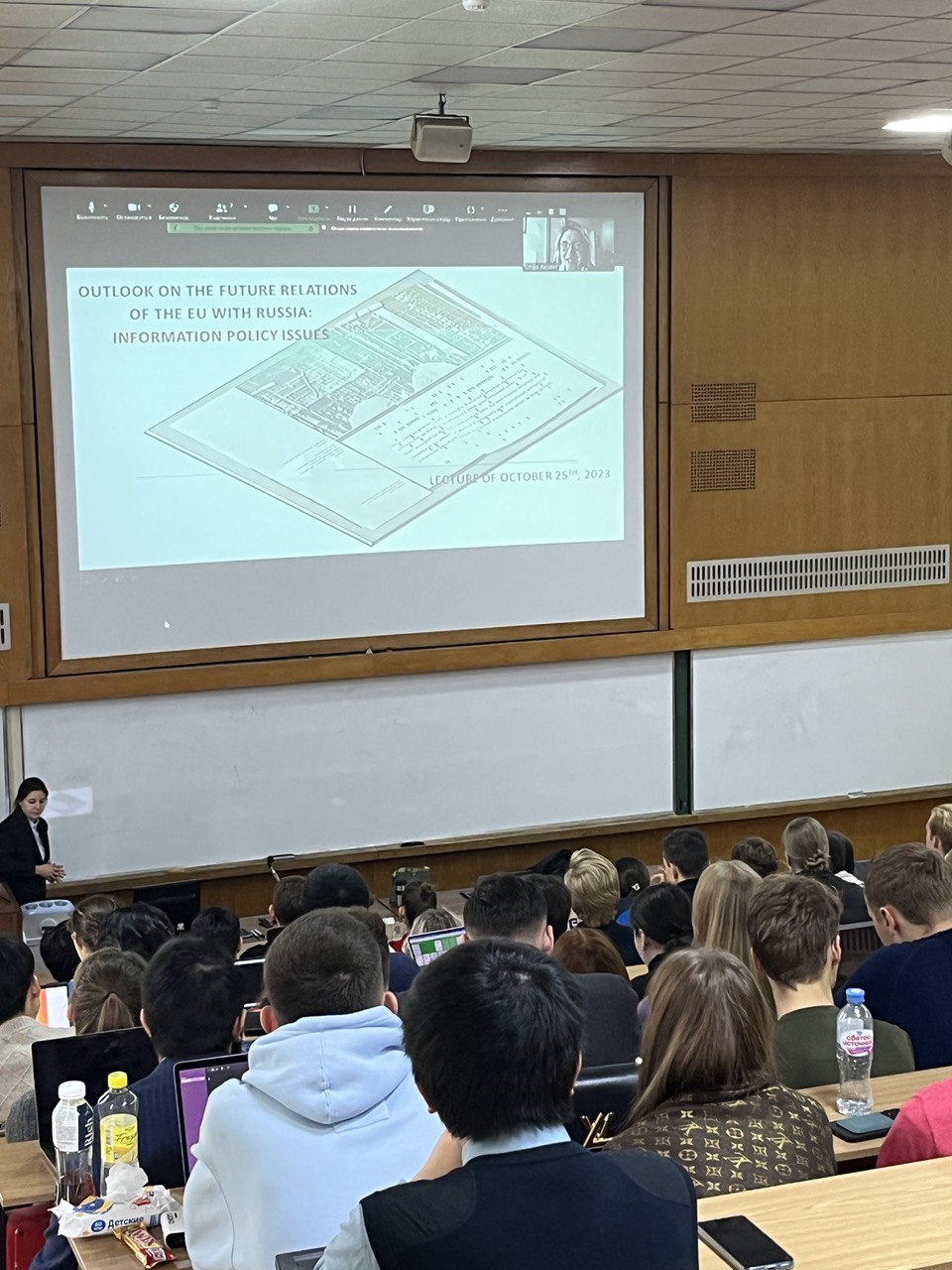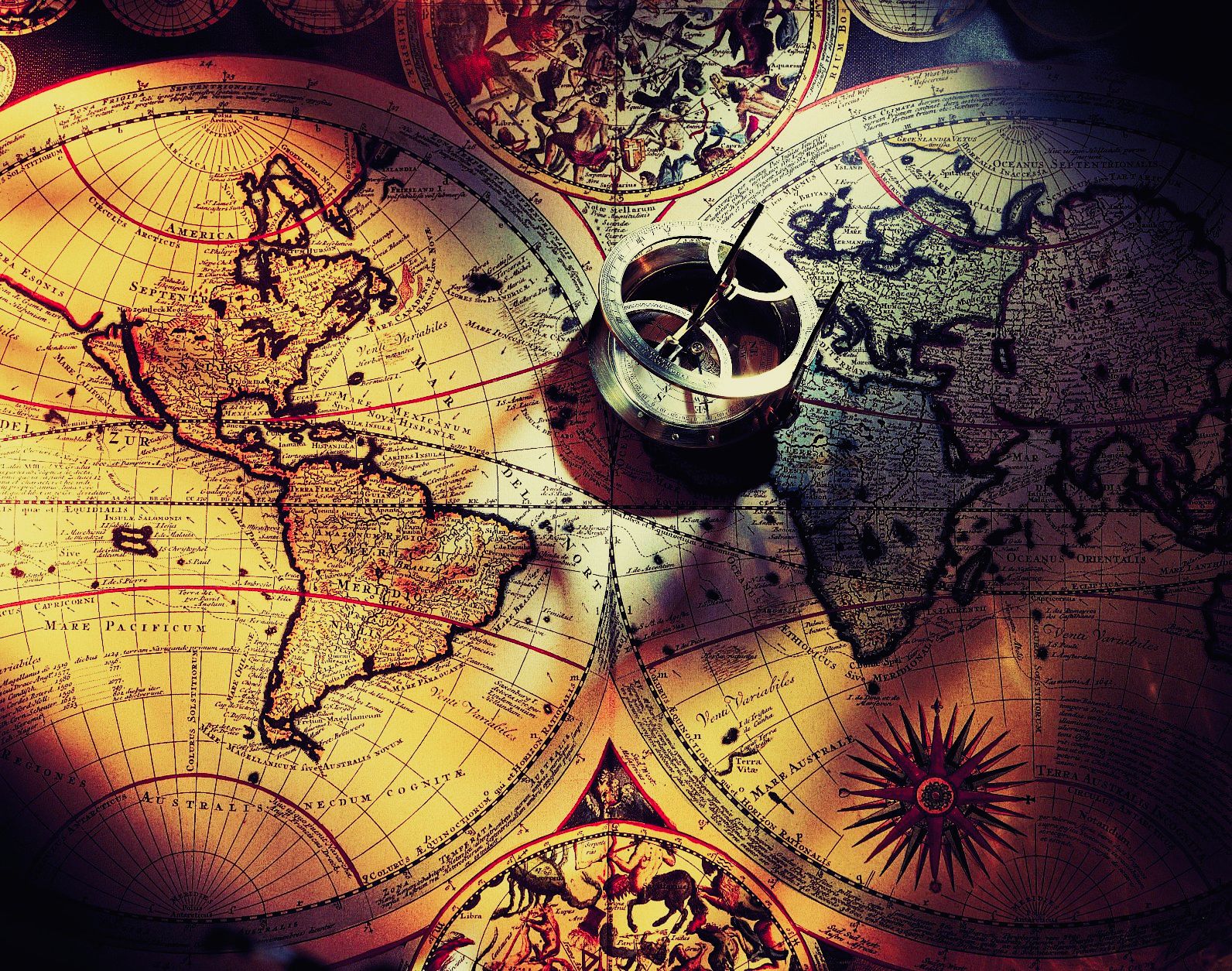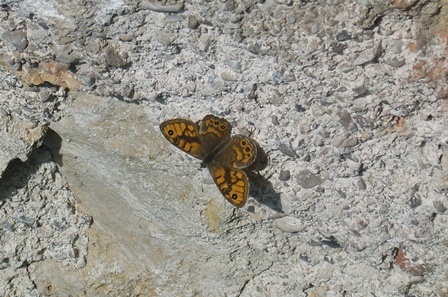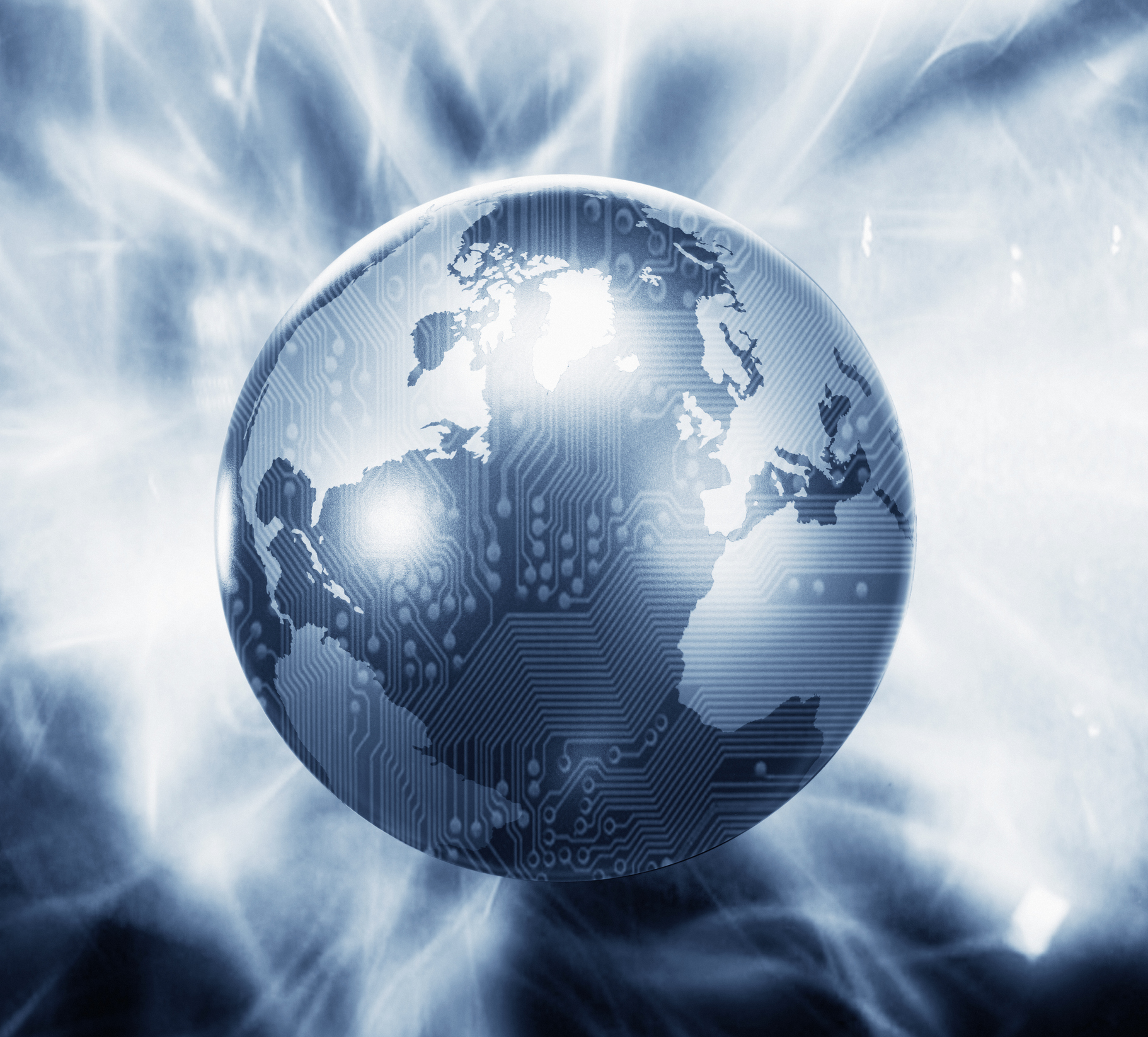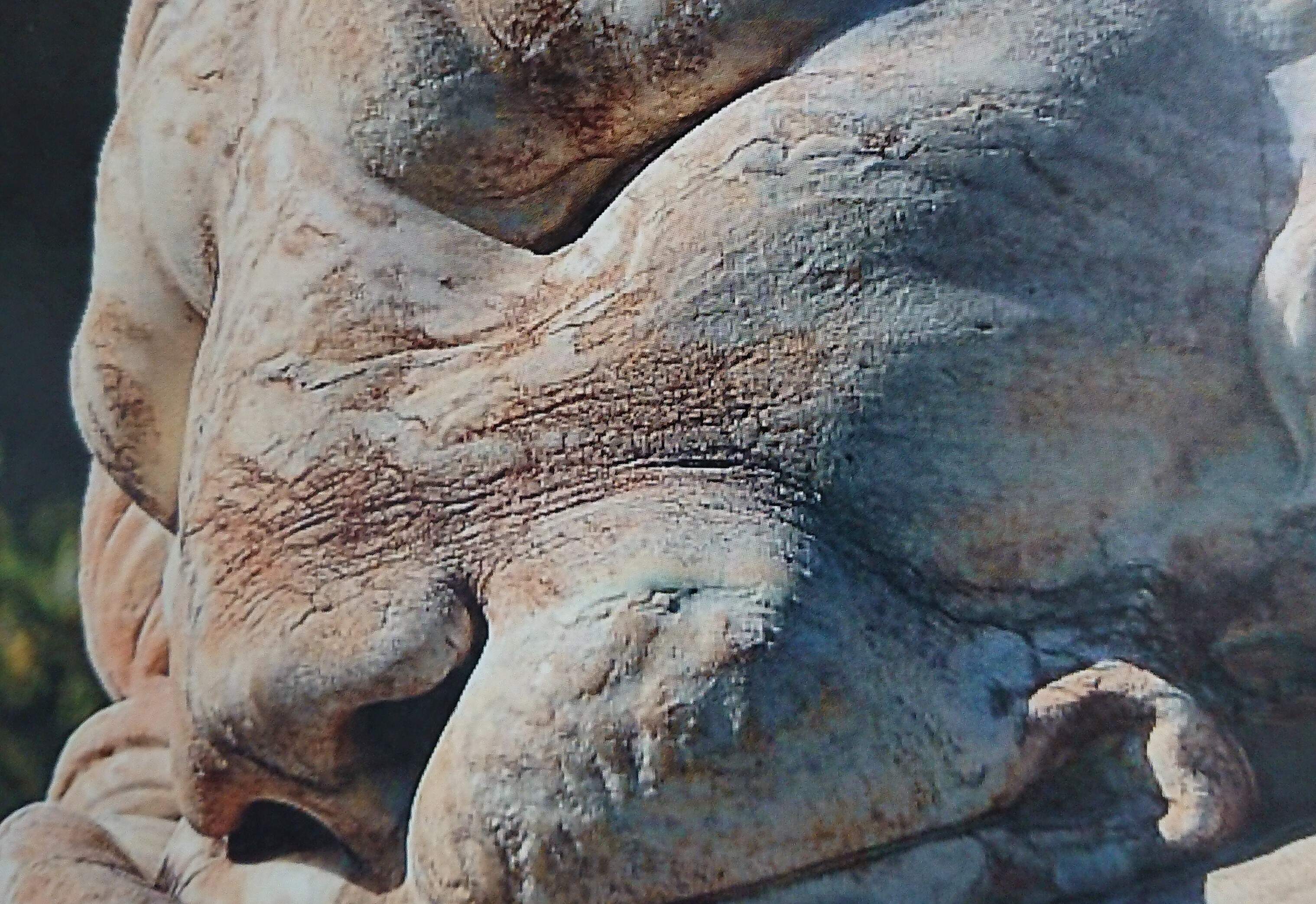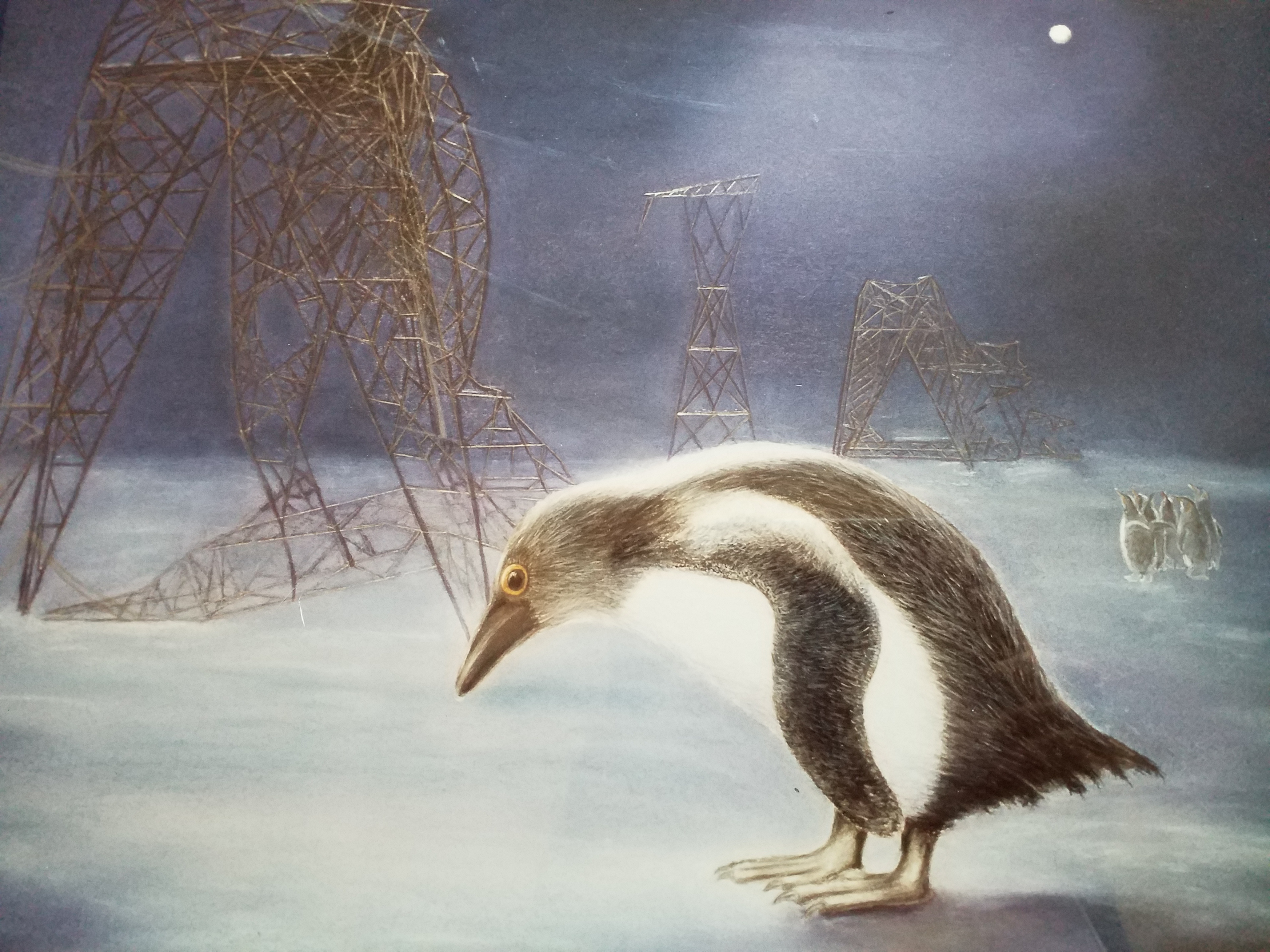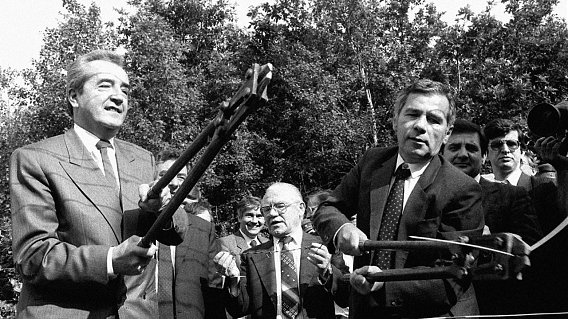EU-Russian Relations
Information policy, mass media, and Artificial Intelligence:
Lecture at MSU on Oct. 25th, 2023
European Union:
The Destructive Work of Sanctions
The economic outlook for Europe's economy is devastating. Numerous companies are under massive pressure to withdraw from Russia. American elite universities like Yale and Stanford are at the forefront. Under the pretext of "science", they are preparing the ground for an economic raid in Europe.
This analysis was first published on picreadi.com and Meeting Russia Blog.
Energy Crisis:
The Struggle for Scarce Resources
The Ukraine Conflict VI:
No State May Sit In Judgement
On Another State
International criminal law: The repeated attempts of European states to prosecute other states or their nationals in conflicts under the pretext of international law must be assessed politically as the assertion of a hegemonic claim to power. Thus, "rule of law" becomes "rule by law".
This analysis was first published on picreadi.com and Meeting Russia Blog.
The Ukraine Conflict V:
Is the EU About to Split?
Commission President Ursula von der Leyen's State of the Union address in mid-September made it clear how far the political course of the European elites has meanwhile distanced itself from the concerns and needs of the societies in the member states. For many critical observers in the European Union, the question is no longer whether - but when - a split of the EU is to be expected.
This analysis was first published on picreadi.com and Meeting Russia Blog.
The Ukraine Conflict IV:
Europe Pays the Bill
In addition to supplying weapons and taking in millions of refugees, numerous countries, including those in Europe, have agreed to provide financial support for the reconstruction of Ukraine. However, the price for Europe is high, because the damage of the sanctions policy is already enormous.
This analysis was first published on picreadi.com and Meeting Russia Blog.
The Ukraine Conflict III:
Europe`s Sacrifices for the International Financial System
The Ukraine crisis in itself did not have to bring about an energy and supply crisis. However, these crises are being fuelled by sanctions against Russia to enable the restructuring of the international financial system under US American hegemony.
This analysis was first published on picreadi.com and Meeting Russia Blog.
The Ukraine Conflict II:
The Covering Cloak of Sanctions
Europe is not
only sanctioning Russia, but mainly itself. The winners are big tech and
financial corporations. With the sanctions, however, Europe is also covering up
its own failure to take vigorous action against sinful events in Ukraine.
The Ukraine Conflict I -
Why States Must Feel Threatened
It is hardly surprising that in the already long-running conflict surrounding Ukraine, all actors invoke international law. However, there are a large number of globally active actors who are not subject to international law, but who nevertheless intervene internationally in political events with considerable consequences. If such international actors take power over one or more states, they can, to a certain extent, act in a legal vacuum of international law, since they themselves are not responsible under international law, but only the states they control.
This analysis was first published on picreadi.com and Meeting Russia Blog.
Leadership crisis in the EU
Assuming that the fundamental necessity for (cultural) evolutionary processes exists in communication and cooperation, then within a political system - but also between political systems - the primary task for politicians is communication on a rational, evidence-based basis and cooperation with the aim of reconciling interests as far as possible without the use of violence.
A summary of this Fractal Longread was first published on picreadi.com.
Innovative political communication
Today, immunisation against the
rational discourse is once again taking place through political and religious
dogmas. The new media supports the (re)production of simple political
explanations. In the globalised digitised world, the answer to political
propaganda and monopolistic opinion spread by empires and media corporations
should not be the use of the same means and methods for the purpose of attrition
warfare.
This Fractal Longread was first published on picreadi.com as well as on Meeting Russia Blog.
Lecture: The EU and the Rule of Law
On October 9th 2018, a lecture based upon analytical findings of the Method of Fractal Description was held at PICREADI – Creative Diplomacy in Moscow, Russian Federation. This paper summarises the most important findings and introduces the Method of Fractal Description as a practical tool for political discourse analysis to a public audience.
Political Narratives on Crimea
in German Language Media
It can be assumed that the inconsistent picture of political narratives in connection with Crimea is an expression of the accompanying political garbage can process of European government elites. The political narratives on Crimea are not the result of rational analysis; rather, they arise from the coincidental confluence of wishful thinking, value judgments, day-to-day politics, and the adherence to the order government elites have invented.
A summary of this Longread was first published on picreadi.com.
Icons of the End of Cold War
A picture made world history and an event became an ingenious
media coup ex post. Consensual
construction of meaning and symbolic politics at the end of the Cold War
illustrated by the example of the opening of the border between Austria and
Hungary 1989.
A summary of this Longread was first published on picreadi.com.
